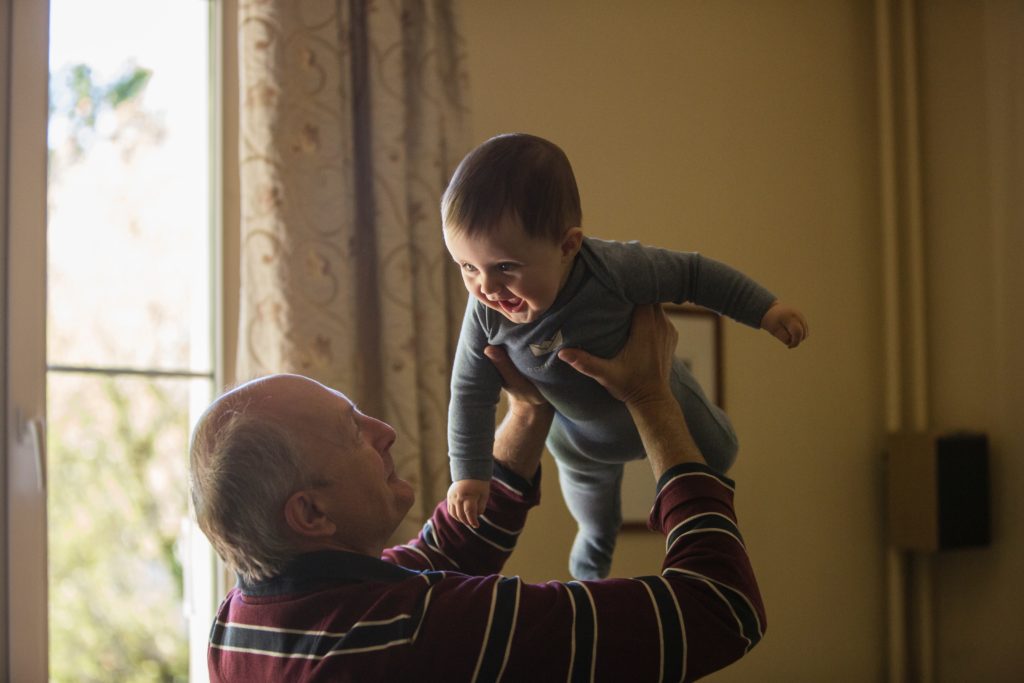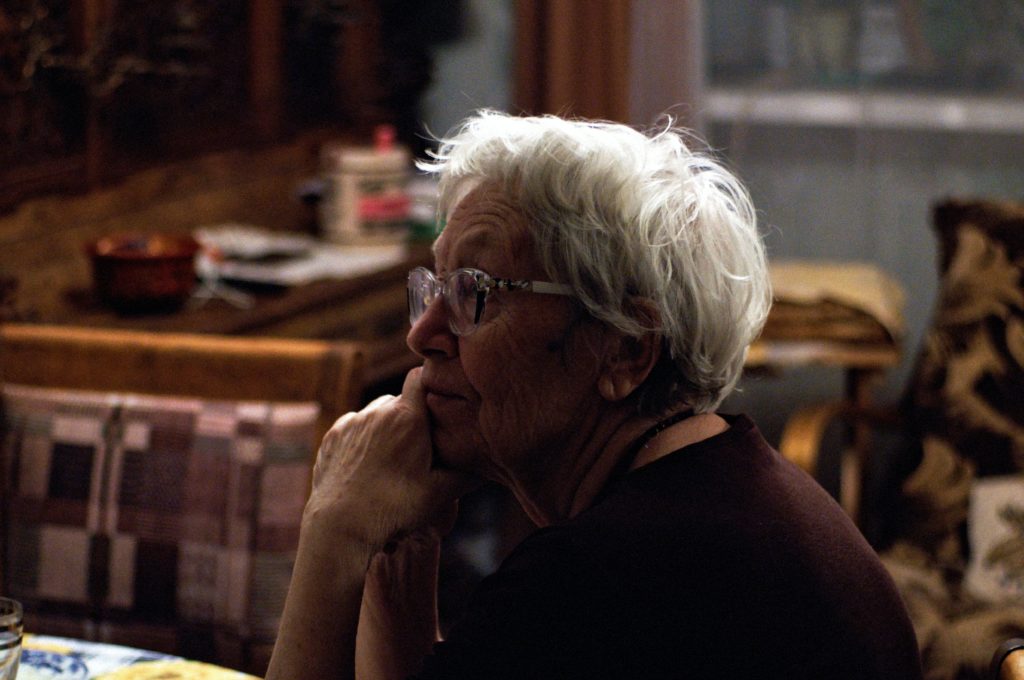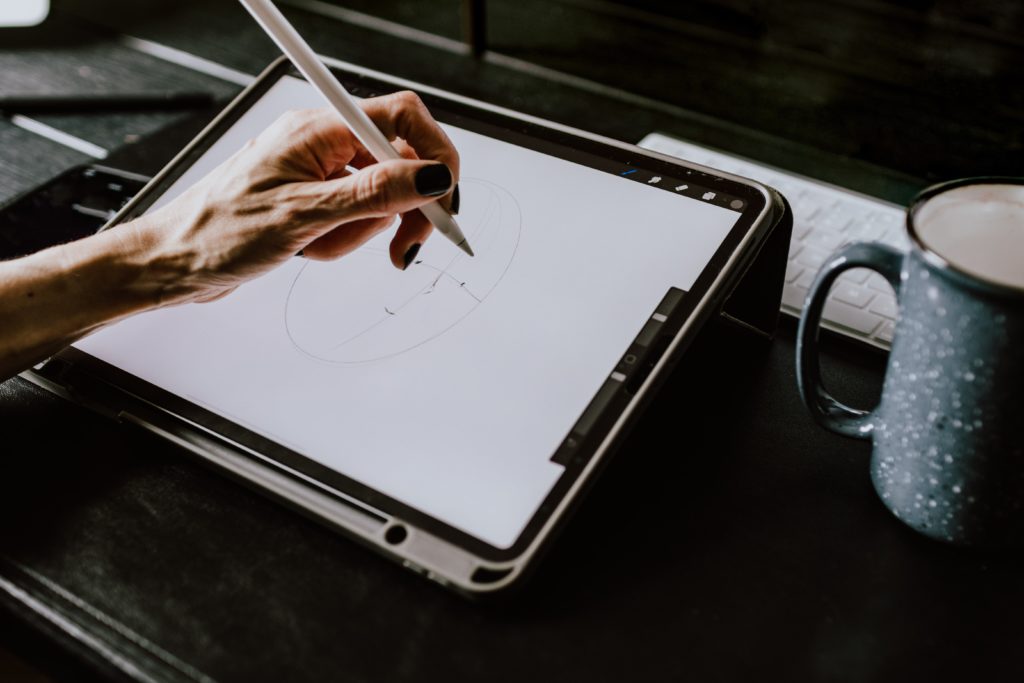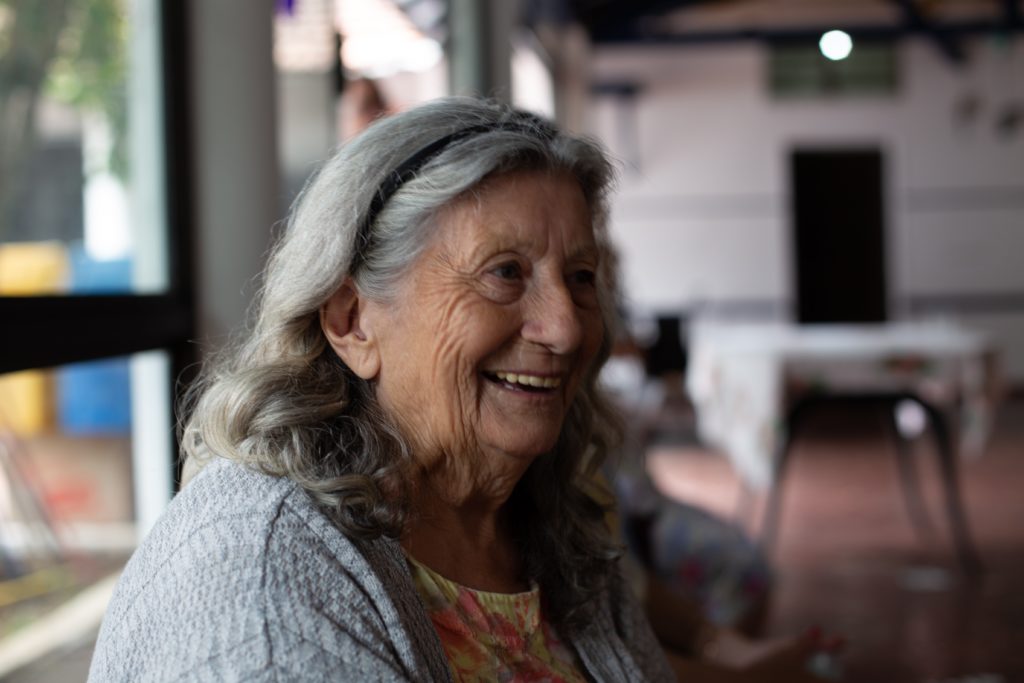Meet Jacob
September 22, 2022The Sound of Celebration
January 11, 2023
Special Delivery for Greenville Seniors
Long before the days of COVID-19, numerous Americans were housebound. For decades, Meals on Wheels of America has provided support to individuals with disabilities and seniors seeking to age in place. Often, this support takes the shape of a hot, nutritious meal – which is significant, given that pre-pandemic, 83% of low-income, food-insecure seniors weren’t receiving the meals they needed. In fact, Meals on Wheels of America reports that 7.4 million seniors have incomes below the national poverty level.

Meals on Wheels of Greenville (MOWGVL) is a member organization based in South Carolina. The nonprofit serves all ages and all incomes (their youngest meal recipient is 25 and their oldest is 105), although low-income seniors comprise much of their client base. Executive Director Catriona Carlisle shares:
“Nobody is excited to talk about getting old. I think that’s just part of the human nature in all of us. But we do need to focus on poverty, employment, and housing in regard to seniors as they approach the end of their lives. Most of them are living on Medicare and making tough choices between medication and meals.”
She continues: “They can’t get another job to supplement income. Many don’t have transportation. So those that have seniors in their care need to make sure that any table talking about a systemic issue is also talking about where seniors fit. What we’re really finding as we look at our mission, is that the meal is important, but additional services – what we’re calling more than a meal – make just as big of a difference.”
One such service is MOWGVL’s innovative new tablet program. When the pandemic hit and isolation became everyone’s reality, the team at MOWGVL felt an even greater sense of appreciation for what their clients face each day. “If anything good came out of COVID, it’s a better understanding of how loneliness and isolation impact physical and mental health,” Catriona observes.

To help address the pervasive loneliness that seniors can experience, MOWGVL is running a pilot with digital tablets called Companion Charlie. MOWGVL provides the device, outfitted with cellular data, to participating clients, free of charge, for one year. Says Catriona, “It is another way we can engage with our clients as an organization, but it also connects them more to their family and friends, both here in Greenville and in other parts of the world.”
Right now, 25 tablets are in circulation, with 25 more prepped for October. When staff first deliver a tablet, they conduct a three-question survey created by UCLA to assess loneliness. MOWGVL then facilitates virtual events that participants can attend via their devices to form friendships. Participants take the survey after six months with the tablet and again after one year. Ideally, their loneliness score will decrease with time and continued access to digital resources.
On the tablet, users will find health and wellness information – like exercise routines that can be done from a chair. There are preloaded games like bridge and solitaire. And then there are communication tools like messaging and video calling.
“These seem like little things, but they keep our clients’ minds active,” explains Catriona.

She goes on to share the story of Ms. Foster, an elderly woman being cared for by her aging sister, Ms. Bostic. “One day, Ms. Bostic was helping with something over at her sister’s house when she became ill and had to go to hospital. It was the first time the women weren’t able to communicate in person, and they were both really sad. When Ms. Bostic came home from hospital, the sisters received tablets, and they were able to video call. Unfortunately, Ms. Foster recently passed away, and without the tablets, I’m not sure what it would have looked like at the end.
“Ultimately, we all crave and need to talk to people we love. These tablets enabled them to be in each other’s lives, just in a different way.”
It costs approximately $1,000 to provide a senior with a tablet, data, and start-up assistance for one year. To support a senior with a year’s worth of meals and a tablet, it costs $2,000. This is a relatively low price for the philanthropic sector to pay considering the long-term benefits of seniors aging in place. Per Meals on Wheels of America, the economic burden associated with malnutrition in seniors totals $51 billion.

Catriona shares, “If we’re not supporting seniors with nutritional components and wrap-around care, their health will decline, which leads to bigger healthcare costs for the community. Seniors will go to the ER, spend more time in the hospital, and have to go to rehab. Assisted living facilities only have a certain amount of space for Medicaid and Medicare patients. So, we help seniors age as safely as possible where they have memories of the homes they love and the families they’ve raised.”
The digital era has revolutionized the way we communicate. In Greenville, it might just revolutionize seniors’ quality of life, too. MOWGVL’s work in this space is exciting and reminds us that to be homebound is not to dwell out of sight and out of mind; to be homebound is to find comfort in the familiarity of one’s surroundings and to move forward with dignity.
To date, The Leon Levine Foundation has awarded $150,000 to MOWGVL. To learn more, visit: https://mealsonwheelsgreenville.org/our-impact/.
